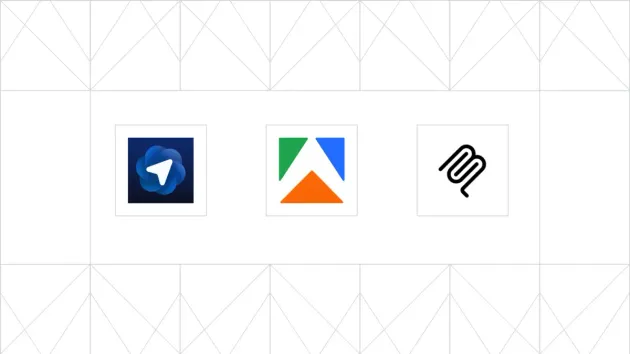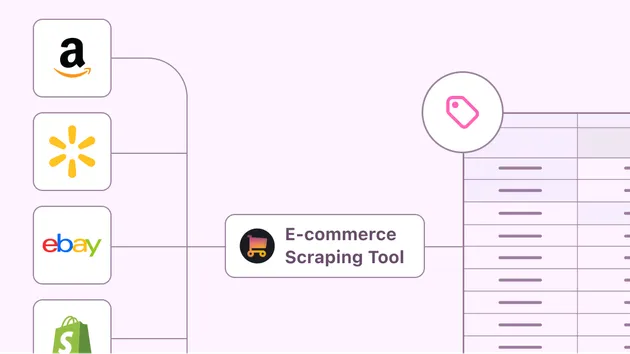Atlas Obscura URLs Scraper
Pricing
Pay per usage
Atlas Obscura URLs Scraper
The Atlas Obscura URLs Scraper extracts links to individual place detail pages from Atlas Obscura's country, region, or city listing pages. This tool is perfect for developers, data analysts, and travel researchers who want to collect structured lists of unique locations.
Pricing
Pay per usage
Rating
0.0
(0)
Developer

Martin Janeček
Actor stats
0
Bookmarked
10
Total users
2
Monthly active users
2 months ago
Last modified
Categories
Share




